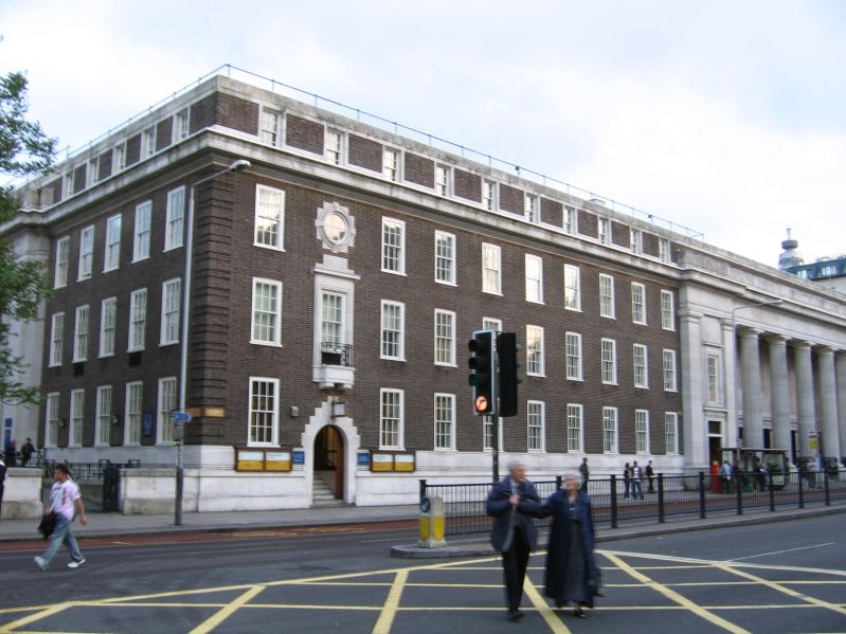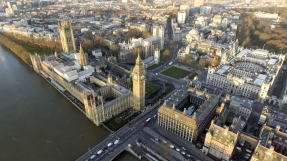Quakers are deciding whether to rewrite their 'faith and practice' guide to include more progressive approaches to sexuality.
More than a thousand Quakers are expected to gather in London this weekend for a yearly meeting to discuss whether to commission a new Quaker faith and practice which acts as a guide for life.

The last revision was published in 1995 and a new edition would reflect changes in attitudes towards marriage, sexuality and climate change.
'The book is hugely significant,' said Helen Drewery, head of witness and worship for Quakers in Britain. 'It inspires us in our lives and sets out our structures and procedures for how we work. It is what has kept us thriving as a church and it is the foundation that enables us to run great campaigns, like changing the law around slavery, conscientious objection and marriage.'
The Religious Society of Friends (Quakers) in Britain was one of the first Christian groups in the UK to campaign for same-sex marriage in 2009. It backed the Marriage (Same Sex Couples) Act in 2013 and has altered the guide since then to reflect those changes.
'The discernment of Yearly Meeting in 2009 was that love and truth compel Friends to solemnise the marriage of same-sex couples equally with opposite-sex couples,' the current guide says.
'Open sharing of personal experience has moved us and added to our clear sense that, 22 years after the prospect was first raised at Meeting for Sufferings, we are being led to treat same-sex committed relationships in the same way as opposite-sex marriages, reaffirming our central insight that marriage is the Lord's work and we are but witnesses.
'We have heard dissenting voices during the threshing process which has led us to this decision, and we have been reminded of the need for tenderness to those who are not with us who will find this change difficult.'
However a new edition would be designed to appeal to young people's views, particularly on sexuality and climate change.
With only around 22,700 attenders across 474 meetings in Britain, the Society of Friends is one of the smallest Christian denominations. Its approach differs significantly from most other churches. Quakers do not have a concept of ordination but are led by 'overseers'; there is no formal liturgy or preaching, but a meeting sits in silence and waits for 'discernment' from God; and they do not hold solely to Christian theology but accept insights from other religions as well.
The Quakers were founded in the 17th century by George Fox, a dissenting preacher who advocated pacifism and attracted a following that eventually became the Society of Friends.













